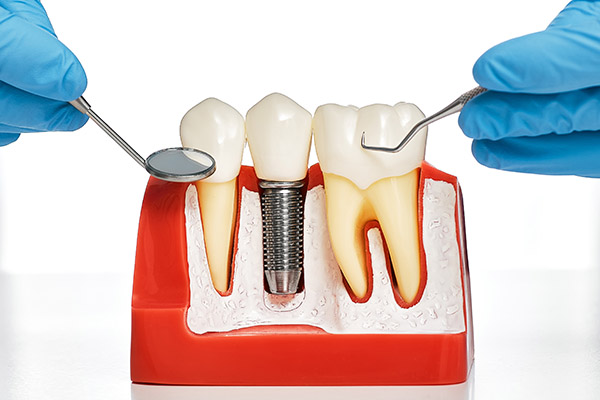 Many people have difficulty deciding whether they want a periodontist or oral surgeon to do dental implants. It all depends on what your regular dentist says. If your dentist referred you to a periodontist, that is where you should go. A periodontist received special training outside dental school. Periodontists know more about teeth, gums, and dental implant procedures than dentists or oral surgeons.
Many people have difficulty deciding whether they want a periodontist or oral surgeon to do dental implants. It all depends on what your regular dentist says. If your dentist referred you to a periodontist, that is where you should go. A periodontist received special training outside dental school. Periodontists know more about teeth, gums, and dental implant procedures than dentists or oral surgeons.
Specializations of a periodontist
A periodontist specializes in dental implants. However, periodontists do a lot more than that procedure. A generalist will refer patients to a periodontist when they have more significant dental and oral problems. Here are some of the conditions referred to a periodontist:
- Prevention, diagnosis, and treatment of periodontal disease or gum disease
- Dental implant procedure
- Tooth extraction
- Oral inflammation
- Gum grafting helps save the existing teeth
- 3D X-ray technology
- Cosmetic gum contouring
A general dentist and periodontist can work together for the maximum oral health of the patients. The dentist would not do the referral unless the patients agreed to it. However, it is important to listen to the dentist in this regard. Both the dentist and periodontist will have an open line of communication so the latter can clear out past dental conditions.
Why do people need implants
Dental implants manage teeth loss. Patients can have as many dental implants. The implants are made of titanium posts or screws placed within the jawbone. When the areas begin to heal, the implants will bond with the bone to create a stable foundation for the replacement tooth. When maintained properly, the implants can last a lifetime.
Oral health benefits of dental implants
Patients would rather have dental implants than any other procedure to replace lost teeth. First, the structure and appearance of dental implants mimic that of natural teeth. Second, it can stabilize chewing and biting. Third, it helps maintain jawbone health. And lastly, it is free from the risks of tooth decay.
Process of dental implants
The periodontist will take a digital image of the teeth, gums, and jaw. This way, they will know where to place the implants. Some patients will need teeth extraction, so the periodontist will do that at the same time as the implant placement. Typically, it takes six to nine months to bond with the surrounding bone.
The periodontist will use false teeth to maintain oral function while waiting for the implants and bones to fuse. Once the bonding is completed, a custom crown, bridge, or denture will be placed to restore the teeth. A general dentist or cosmetic dentist will do this procedure. The periodontist will work with the prosthodontist for the teeth replacement process.
A practical choice for your dental health
People do not always associate dental health with well-being. These two are intertwined. Dental health problems cause stress and low self-esteem. If you lose your teeth, you cannot even present yourself well. A periodontist will give you back your smile.
Request an appointment or call Charles E. Dyer IV, DDS, MS, PC at 281-213-0900 for an appointment in our Cypress office.
Related Posts
Periodontics is a specialized field of dentistry that focuses on the prevention, diagnosis, and treatment of periodontal disease and other conditions affecting the gums, as well as the placement and maintenance of dental implants. It is essential for maintaining the gums' health and the teeth' supporting structures. If your dentist has recommended the care of…
Periodontists treat issues related to the supporting structures of teeth (i.e. the gums and jawbone). This notably includes gum disease, which affects approximately 47 percent of adults over the age of 30 (according to the CDC). This review is designed to help you learn about gum disease so that you can better prevent and detect…
A periodontist may recommend a gum grafting treatment to patients whose oral health or appearance is affected by gum recession. Periodontists, or dentists who specialize in gum tissues, perform gum grafting operations regularly.Various factors can cause gum recession, including bacteria that cause gingivitis and recession, genetically thin tissue, orthodontic treatment, aggressive tooth brushing, smoking, tobacco…
